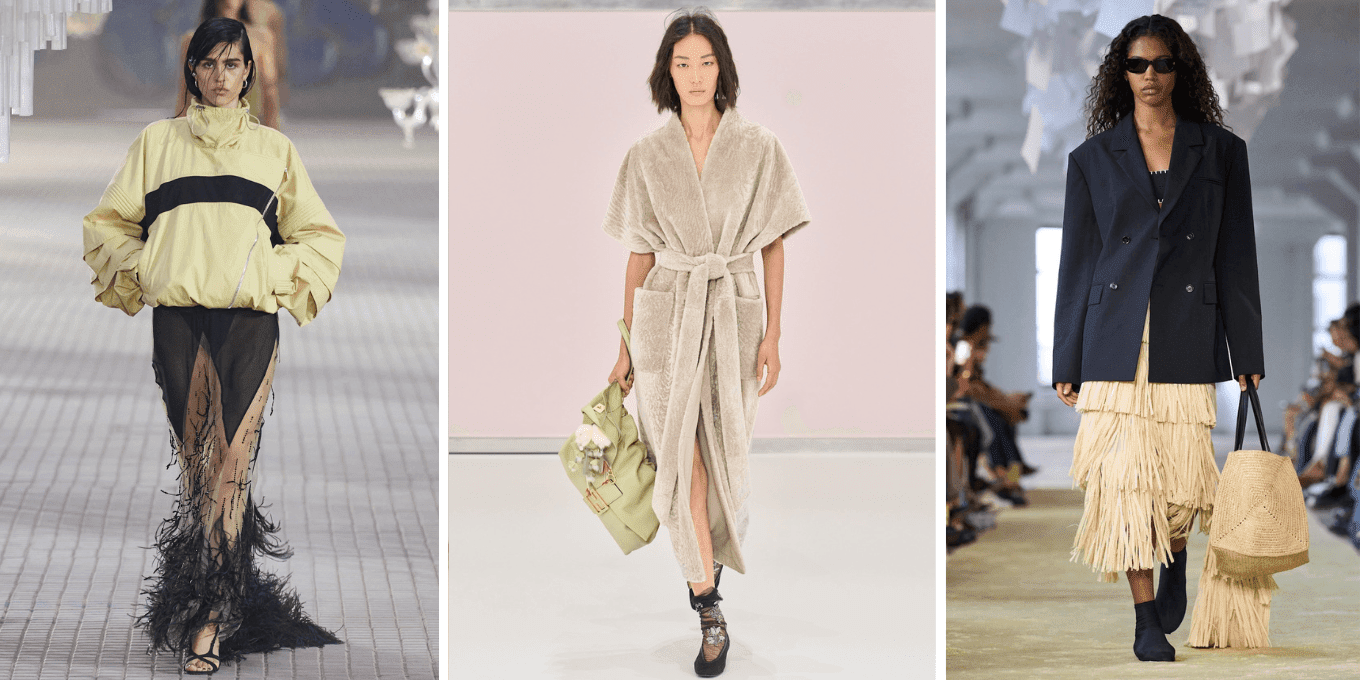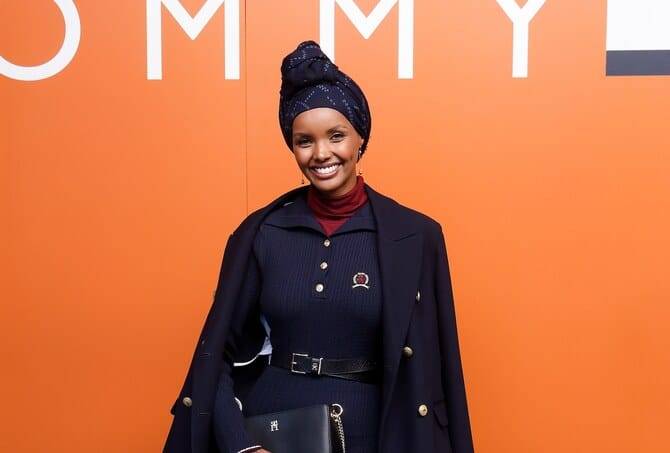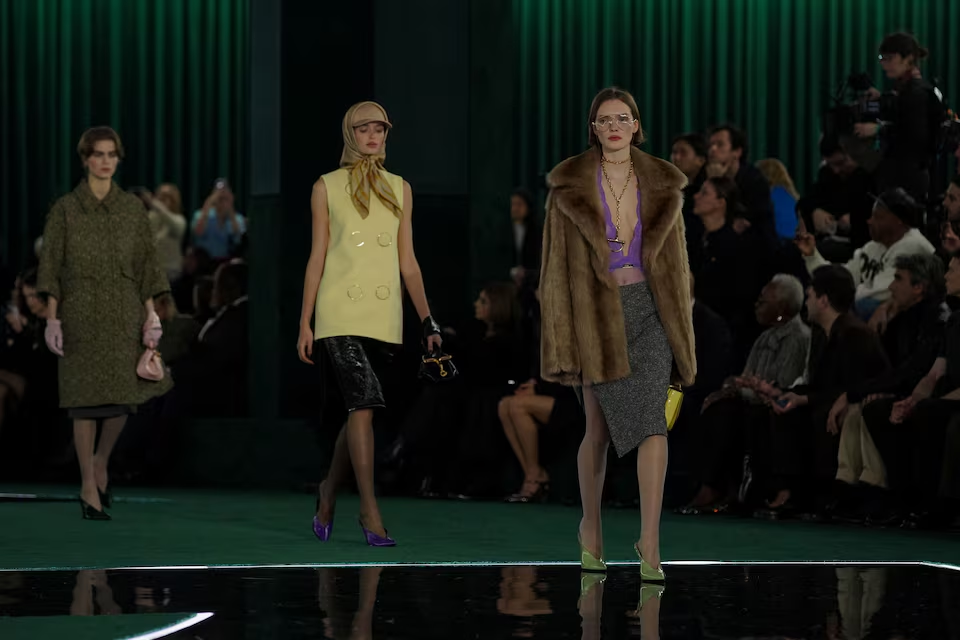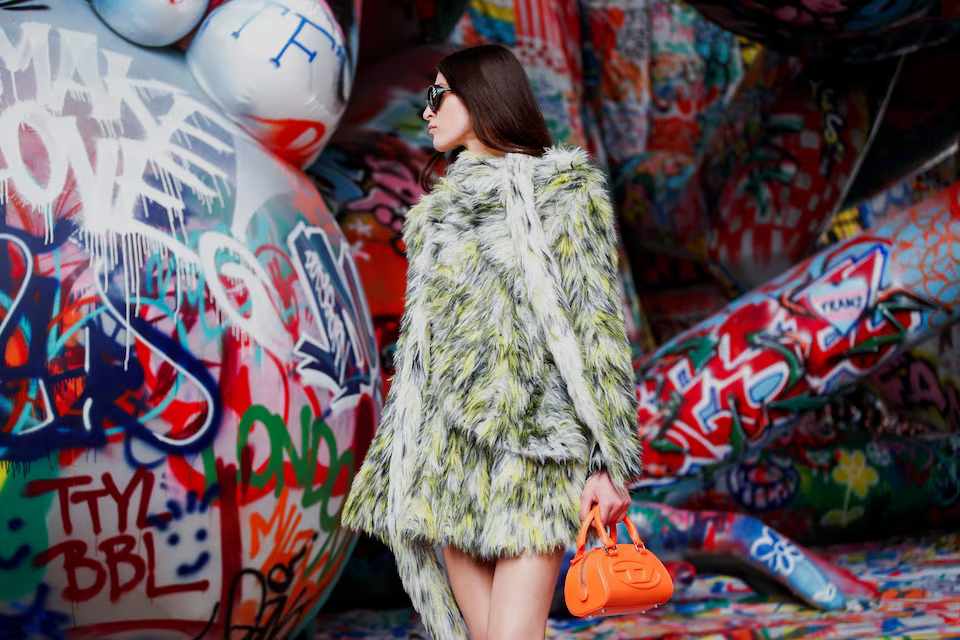Sustainable Fashion is radically transforming the modern apparel industry through eco-friendly practices and ethical production methods. This movement isn’t just a fleeting trend; it’s a profound commitment to environmental stewardship that’s reshaping the way clothes are designed, produced, marketed, and consumed worldwide.
It’s about creating a harmonious relationship between fashion and the planet, ensuring that style doesn’t come at the expense of ecological balance. Sustainable Fashion is redefining what it means to be stylish by integrating sustainability at every level.
Designers are at the forefront of this revolution. They’re embracing organic and renewable materials like organic cotton, hemp, bamboo, and innovative fabrics made from recycled plastics or agricultural waste. They’re adopting low-waste production techniques such as zero-waste pattern cutting, which minimizes fabric scraps, and upcycling, where discarded materials are transformed into new, desirable products.
There’s a growing demand for transparency in the fashion supply chain. Brands are prompted to disclose their sourcing, manufacturing processes, and labor practices. Consumers are increasingly seeking labels that align with their values of sustainability and ethical responsibility. This shift is driving a significant change in industry standards.
This new era places Sustainable Fashion at the intersection of innovation and style. It proves that environmental consciousness and high fashion can coexist beautifully.
Also read: Lady Gaga ELLE Cover 2025: A Stylish Yet Underwhelming Return
Retailers are responding to this paradigm shift by curating collections that emphasize quality, durability, and timeless appeal over fast-fashion’s quick turnover of trends. Many brands are highlighting the full lifecycle of their products, educating consumers on how to care for their garments to extend their longevity.
They’re offering programs like garment recycling initiatives, where customers can return old clothing for repurposing, and repair services that give worn items a new lease on life. These initiatives not only drastically reduce textile waste but also foster stronger relationships with customers who appreciate a brand’s commitment to sustainability.
By engaging consumers in the sustainability journey, retailers are building communities centered around responsible consumption and shared values.
Innovative technologies are playing a significant role in advancing Sustainable Fashion. The industry is witnessing revolutionary changes, from the development of biodegradable textiles that return to the earth without harming it, to digital design and production processes that significantly reduce material waste.
3D printing and virtual sampling allow designers to experiment without the need for physical prototypes, conserving resources. Additionally, advancements in blockchain technology are enhancing transparency and traceability in the supply chain, enabling consumers to verify the ethical sourcing and production of their garments.
The fusion of technology with ethical practices is unlocking new possibilities for sustainable production methods, pushing the boundaries of what’s possible in fashion.
By choosing eco-friendly options, consumers actively contribute to a healthier planet while enjoying innovative and contemporary designs that reflect their values. Sustainable Fashion continues to inspire a new era of clothing that values both style and responsibility.
It marks a significant shift towards a more sustainable future in the fashion industry, where the collective efforts of designers, retailers, and consumers are making a tangible difference. This movement underscores the belief that fashion doesn’t have to sacrifice ethics for aesthetics; instead, it beautifully weaves them together.


















